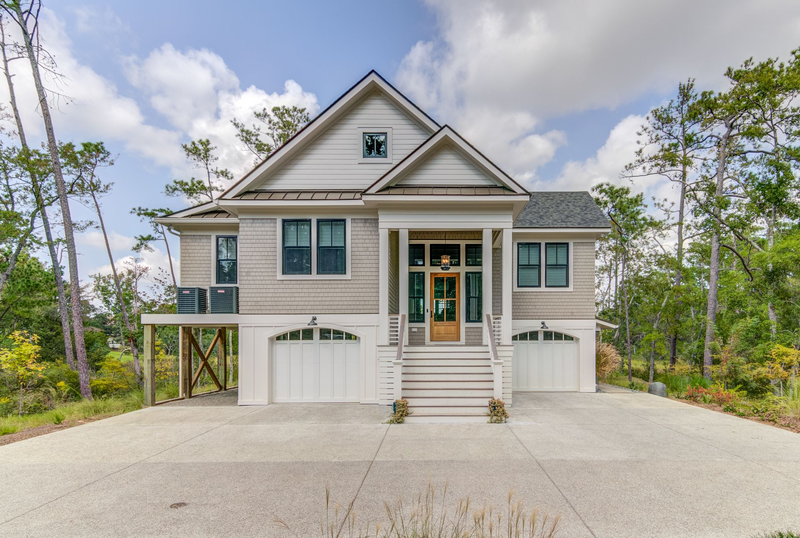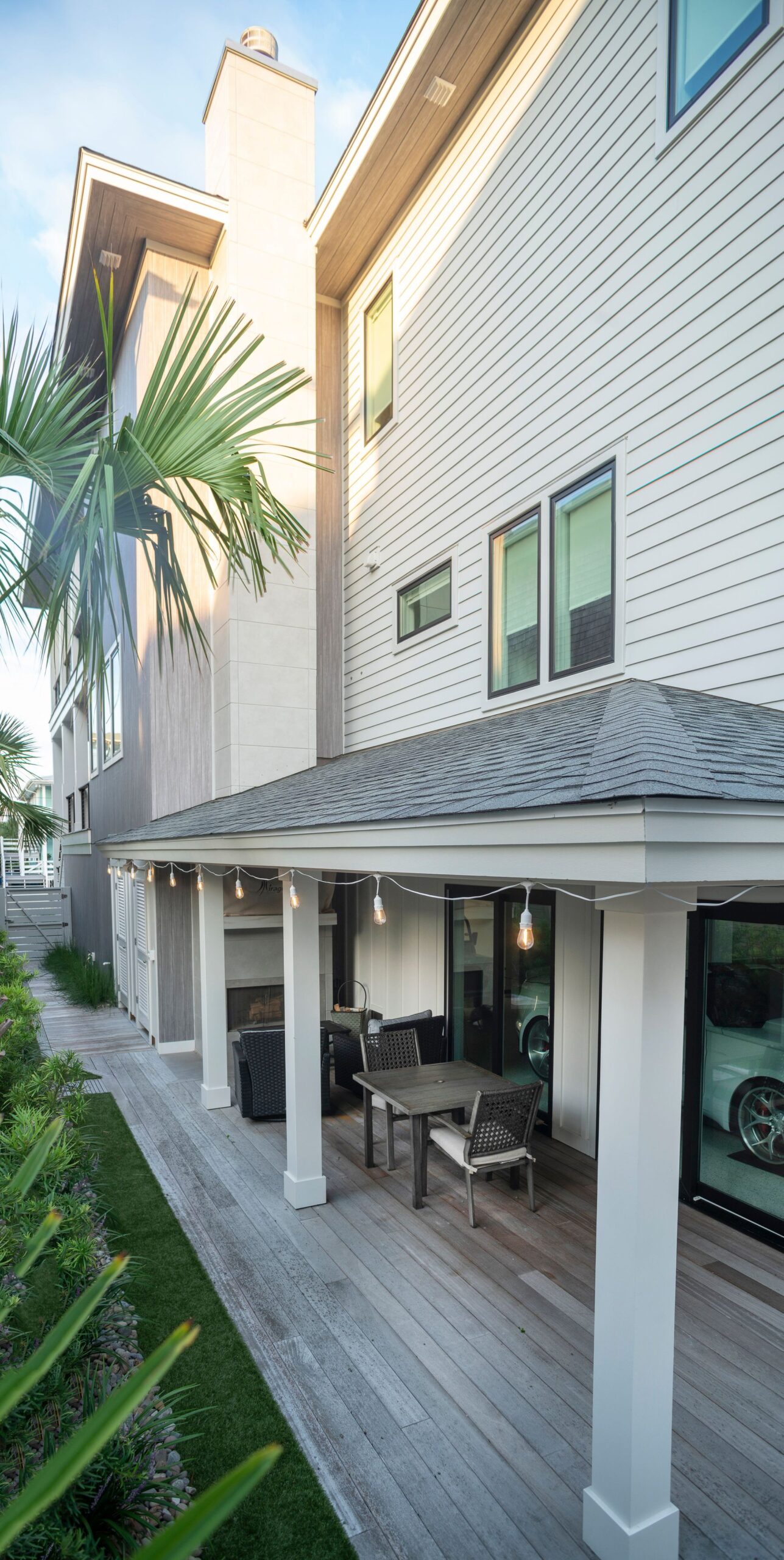A home isn’t just a structure—it’s a long-term investment, a personal retreat, and a place where life unfolds. That’s why maintaining it goes beyond aesthetic updates or seasonal clean-ups. One of the most overlooked yet essential ways to preserve a home’s value and integrity is through regular property inspection. Done correctly and consistently, inspections reveal hidden dangers, help prevent costly repairs, and contribute to a safer, healthier living environment.
Whether the property is newly built or decades old, regular inspections are key to long-term performance. And for homes in climates prone to high humidity, storms, or shifting seasonal conditions, these evaluations become even more critical. They're not just a maintenance routine—they’re a proactive protection strategy.
Why Regular Property Inspections Matter
Homes, like people, benefit from routine check-ups. Without inspections, small issues can escalate into major structural problems or health hazards. Leaky plumbing, pest infestations, deteriorating roofing, and faulty wiring are just a few examples of what can go unnoticed without a trained eye.
Many of these issues don’t show visible signs until the damage has already been done. Mold may grow silently behind drywall. Termites can chew away at beams unnoticed. A slow drip under the sink could be eroding cabinetry and flooring. Regular property inspections allow homeowners to catch these problems early—before they compromise safety or lead to costly renovations.
For anyone looking to maintain or even boost their home’s value over time, inspections are indispensable. A well-kept property consistently performs better on the market, attracting more interest and stronger offers when it’s time to sell.

What’s Included in a Property Inspection?
A thorough property inspection goes far beyond a quick visual sweep. Professional inspectors take a detailed look at a home’s major systems and components to assess function, safety, and longevity. Key focus areas include:
- Foundation and Structure: Inspectors check for signs of settling, cracks, or shifting that could indicate underlying issues.
- Roofing and Drainage: The condition of shingles, flashing, gutters, and downspouts is reviewed for wear or leaks.
- Plumbing: Pipes, faucets, and drainage systems are tested for leaks, water pressure, and corrosion.
- Electrical Systems: Wiring, breaker panels, outlets, and safety switches are evaluated to ensure compliance and reduce fire risk.
- HVAC Systems: Heating and cooling systems are tested for performance, efficiency, and safety.
- Interior and Exterior Elements: Walls, ceilings, windows, doors, insulation, and ventilation are reviewed to identify any weaknesses or maintenance needs.
In areas with high humidity or storm activity, specialized inspections—such as mold assessments or infrared thermal imaging—may also be recommended. These tools can detect hidden moisture damage or energy loss, helping homeowners stay ahead of potential problems.
Uncovering Common Hazards Early
Routine inspections often reveal problems that could become hazardous if left unchecked. One of the most common is electrical risk—aging or poorly installed wiring can pose fire hazards, especially in older homes or those with DIY renovations. Similarly, plumbing leaks can lead to mold growth or structural decay, both of which are difficult and expensive to correct if not caught early.
In coastal or high-humidity regions, mold is a particularly stealthy threat. It thrives in unseen places—attics, crawlspaces, behind baseboards—and can affect air quality and trigger respiratory issues. Regular inspections help pinpoint moisture sources before they feed mold outbreaks.
Pests are another frequent concern. Termites, carpenter ants, and rodents can quietly compromise framing and insulation, causing extensive damage behind the walls. Inspectors are trained to spot early signs of these issues, offering treatment recommendations before infestations spread.
The Cost of Neglecting Inspections
Skipping a property inspection might seem like a cost-saving decision, but it can lead to far greater expenses down the line. Consider the cost of replacing a roof prematurely due to undetected leaks, or needing to rewire a home after a small electrical issue grows into a safety crisis.
Regular inspections make financial sense. Catching a minor plumbing leak early might only cost a few hundred dollars to fix. But allow that leak to persist, and the resulting water damage, mold remediation, and reconstruction can easily run into the thousands.
Moreover, neglecting inspections can impact insurance coverage. Some providers may deny claims for damages that could have been prevented with regular maintenance, while others offer discounts for documented upkeep. Inspections not only help protect your investment—they can also reduce risk in the eyes of your insurer.

Timing Matters: How Often Should You Inspect?
There’s no universal rule for how often a property inspection should occur, but there are smart guidelines based on climate, home age, and usage.
Annual inspections are a good standard for most homes. In regions where storms, humidity, or flooding are frequent, a bi-annual inspection schedule is ideal. After any significant weather event—such as a hurricane or prolonged rain—an immediate post-storm inspection is also wise.
New builds or recently renovated homes may seem secure, but inspections are still valuable. They verify that construction was completed to standard and help document the home’s condition for future reference.
Who Should Perform Your Property Inspection?
Not all inspections are created equal. It’s crucial to hire licensed, certified professionals who have experience in residential properties and local building codes. Look for inspectors who are members of recognized organizations such as the American Society of Home Inspectors (ASHI) or the International Association of Certified Home Inspectors (InterNACHI).
Technology is making inspections even more precise. Drones allow for aerial views of roofs and chimneys. Infrared cameras detect heat loss or hidden moisture. Mobile apps let inspectors provide real-time updates and photos during walkthroughs. These tools improve both the speed and accuracy of reporting, helping homeowners make informed decisions faster.
A Long-Term Strategy for Home Health
Routine inspections should be seen as part of a broader home care strategy—one that combines preventive maintenance, timely repairs, and thoughtful upgrades. When used together, these approaches not only extend the life of your home but also make it more comfortable and efficient for everyday living.
At Konrady & Son Construction, we understand that your home is one of your most valuable assets. Through our renovation services, storm protection systems, and long-term property management support, we help clients ensure their homes remain safe, functional, and beautiful year after year. Whether you’re building new or maintaining what you already have, inspections provide the roadmap to long-lasting results.
Ready to build the home of your dreams? Send us a message today.
Leave a Reply Cancel reply
site design
Monday - Friday
8:00 AM- 5:00 PM
435 Eastwood Rd
Wilmington, NC 28403
